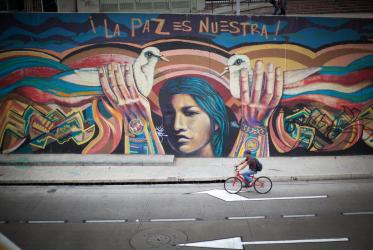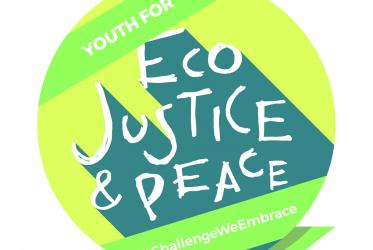Displaying 1 - 20 of 24
WCC publishes two new Bible studies penned by authors from Colombia
24 February 2020
Diakonia: “a tool to reach abundance of life”
24 July 2018
WCC urges protection of Colombian peacemakers
19 July 2018
WCC pilgrims visit the wounds of Colombia
13 February 2018
Seven weeks of Lent highlight water justice in Latin America
12 February 2018
WCC calls for peace in Colombia
09 February 2018
WCC delegation visits Conference of Latin American Bishops
08 February 2018
WCC welcomes new temporary ceasefire in Colombia
06 September 2017
WCC welcomes historic step towards peace in Colombia
24 September 2015







